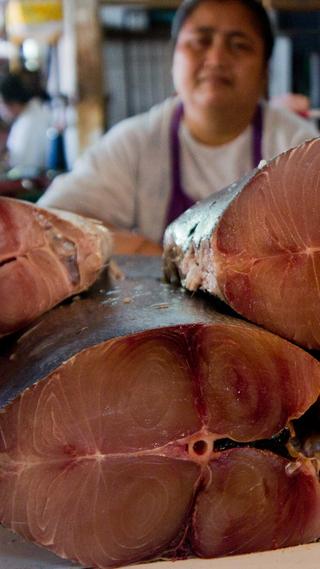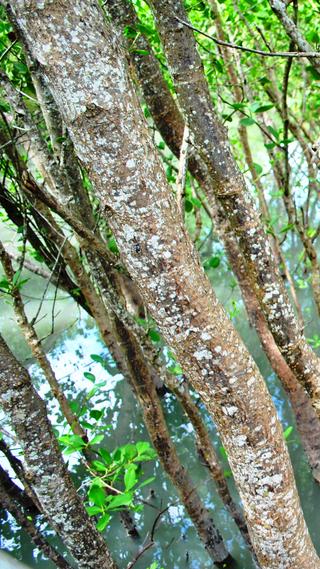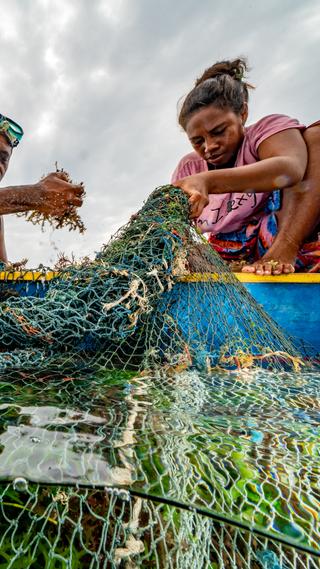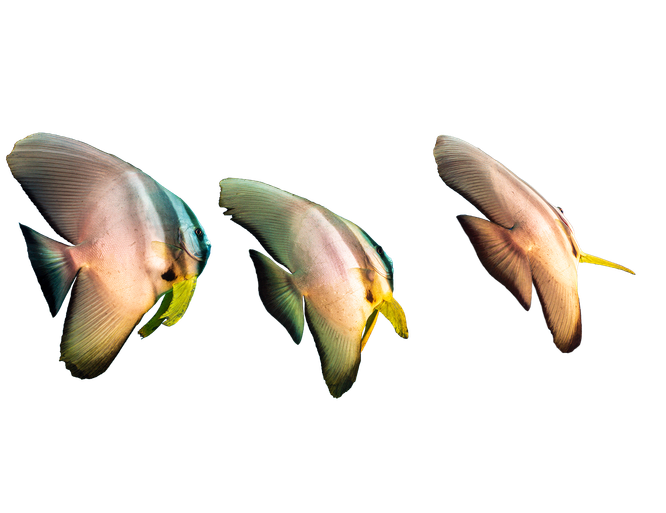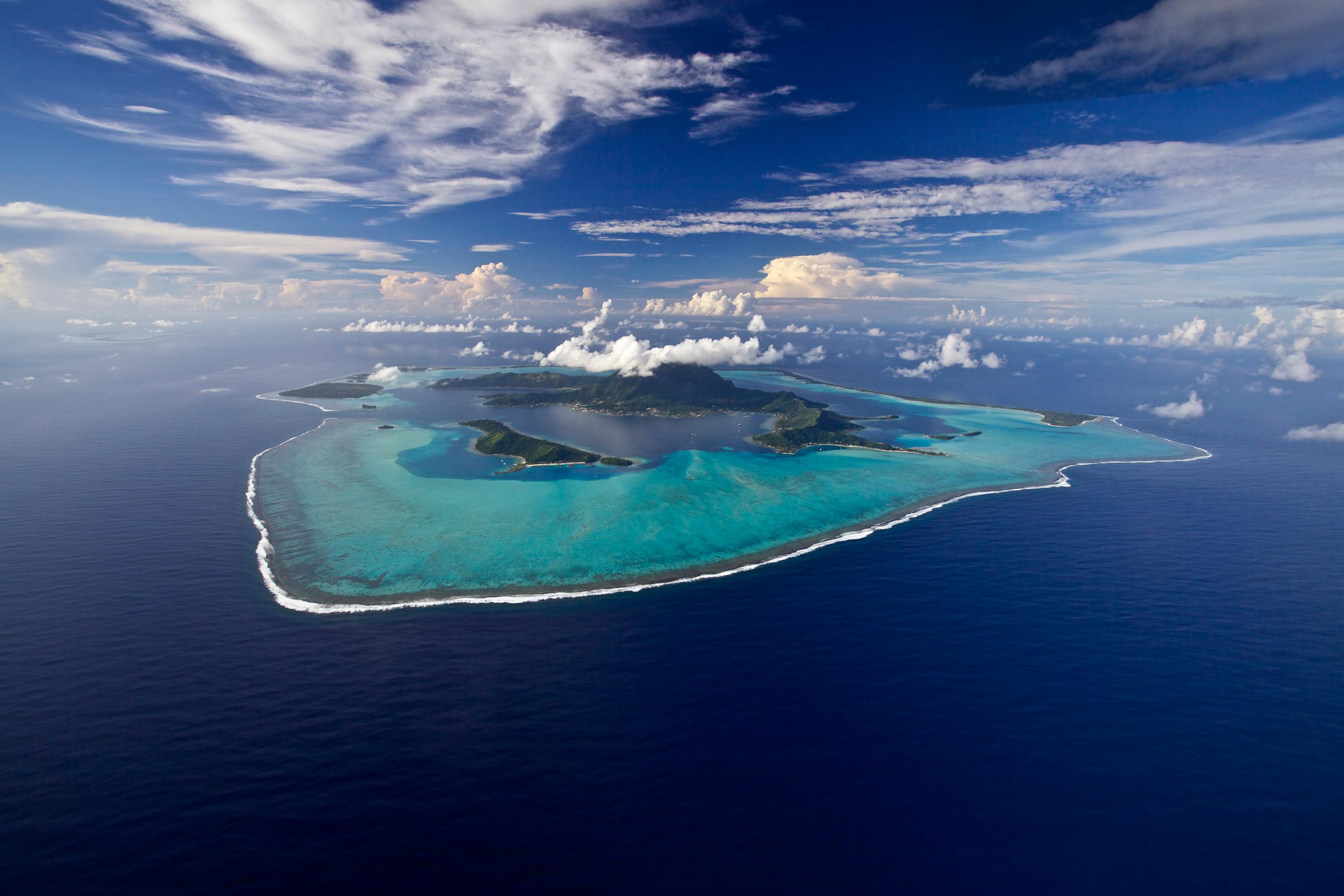
The Pacific makes up half of the Earth’s Ocean, is home to more marine species than any other ocean basin on the planet, and provides 70% of the global fish catch.
Pacific Islanders are the guardians of this ocean, which is central to their way of life as it underpins their culture, food, livelihoods, and national economies. This stewardship matters to us all, because the ocean provides half our breathable air, and is vital to global food security.
Problem is, despite regionally contributing the least carbon emissions, Pacific Islanders are already among the most negatively affected by climate change. Unprecedented sea-level rise and dangerously warming waters caused by climate change are already changing ecosystems, and fisheries, effecting food security and livelihoods while unsustainable practices are compounding these threats.
Why are the Pacific Islands important?
Abundant seafood
The Pacific Islands are home to the world’s largest remaining healthy stocks of tuna. In fact, the region’s proportion of the global tuna catch is valued at more than US$ 2.4 billion. The area is also home to other species — including coral reef fish, varieties of seaweed and shellfish — that are vital sources of food for islanders.
Climate stability
Oceans absorb around one third of the planet’s carbon, so are critical to regulating the global climate, and as the Pacific represents half of our ocean area, its health affects our own. The Pacific Islands are home to significant blue carbon - mangroves, seagrasses and salt marsh habitats - that are among the most efficient carbon sinks on the planet.
Jobs and prosperity
The vast majority of Pacific Islanders live within 100 kilometers (62 miles) of the coast — and their livelihoods depend on the sea. The tuna industry alone provides more than 13,000 jobs for Pacific Islanders and contributes US$ 260 million to the region’s economy.
What are the issues?
1.04%
of global greenhouse gas emissions
Though the region produces only 1.04 percent of global greenhouse gas emissions, climate change threatens Pacific Islanders more than any community on Earth. The majority of Pacific Islanders live along the coast and many islands are low-lying, putting these communities at risk of increasingly frequent and severe storms and sea level rise.
75%
of fisheries unable to meet needs
Increased demand for coastal fish species in the Pacific Islands fuels overfishing, which in turn threatens local food security, livelihoods and ecosystems. Climate change is compounding the problem by lowering harvests from coral reef fisheries. The warming ocean is also changing the distribution of tuna, threatening island economies.
30%
of carbon absorbed by oceans
The sea absorbs 30 percent of the planet’s carbon. As CO2 levels in the atmosphere rise due to human activity, the ocean becomes more acidic, causing some coral reefs to die. Their damage and loss, from both sea level rise and ocean acidification, threaten all island nations in the region.
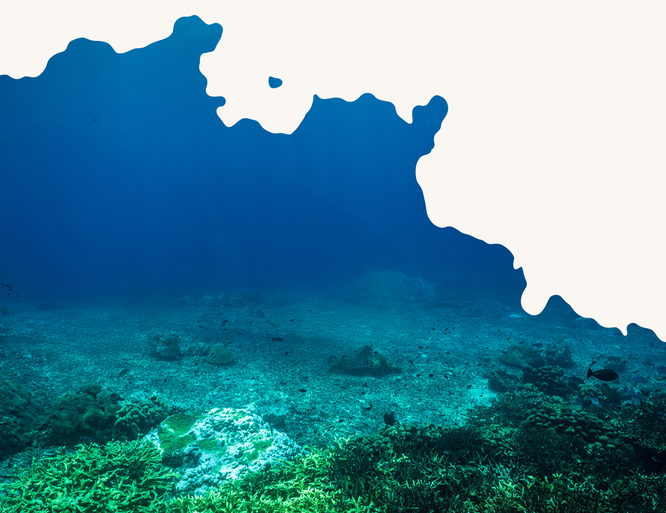
The ocean does not divide these islands, it unites them. Pacific Islanders populated the region through voyaging canoes, which engrained deep understanding of the ocean and her rhythms, for connectivity, trade and wellbeing – connections that remain today. As the climate and ocean changes, maintaining these deep cultural bonds with nature are vital to ensure a sustainable solutions are delivered in an appropriate way to support the continued health and stability of the Pacific Ocean and Pacific peoples.
Our solutions
Pacific nations and territories are responding with large-scale strategies to ensure a sustainable future, that maintains the Pacific way, and secures the nature we depend upon. Conservation International focused on accelerating support to these initiatives through the following pillars of our Pacific program:
- Nature-based solutions to climate change – Protecting and restoring ecosystems that protect communities
- Sustainable Livelihoods – Connecting farmers and fishers to market, particularly women. Also identifying new sources of income for people, like tourism and aquaculture.
- Ocean conservation at scale – Supporting Pacific nations and territories to create new, or measurably improve the management of their ocean domain.
- Working with indigenous people – We integrate Pacific values, knowledge and rights into solutions, and help drive forward local guardianship.
- Sustaining the fishery that feeds the world – We aim to help make tuna fishing more profitable and sustainable as climate change impacts affect migration, with better human rights compliance with domestic fishing industry in the Pacific.
Regional engagement
Pacific Island nations and territories have shown great leadership on the global stage, legislating some of the most significant large-scale ocean conservation efforts the world has ever seen, and are historically counted among some of the first countries to act on climate change.
Conservation International works with communities and governments across the Pacific Islands region to conserve their unique and vital nature.
Recognizing the importance and potential for integrated ocean management and conservation in this region, Conservation International was a key partner in supporting the design of the Regional Pacific Oceanscape Framework, which was unanimously endorsed by Pacific Island leaders in 2010. This framework has since provided a foundation for countries’ commitments to the sustainable management of their oceans, including the Phoenix Islands Protected Area (PIPA), Cook Islands Marae Moana, New Caledonia’s Natural Park of the Coral Sea and, most recently, the Samoa Ocean Strategy. Conservation International provided initial founding and support — continues to work with stakeholders on each of these initiatives.
Through our long-standing commitment and deep understanding and respect for the Pacific Ocean and her people, Conservation International seeks to form and foster partnerships to design, deliver and amplify culturally and community-aligned, nature-based solutions for the Pacific Islands region.
